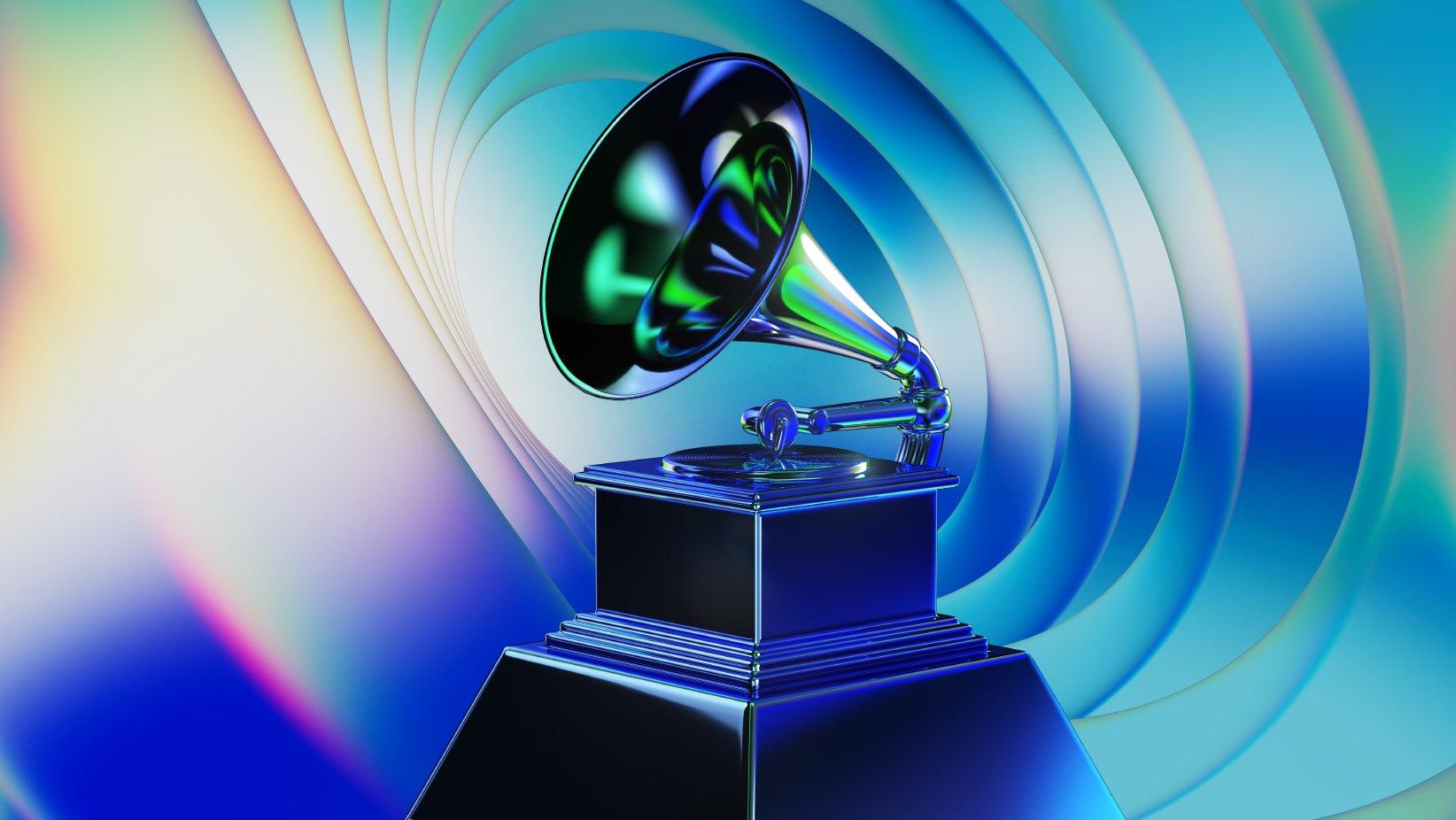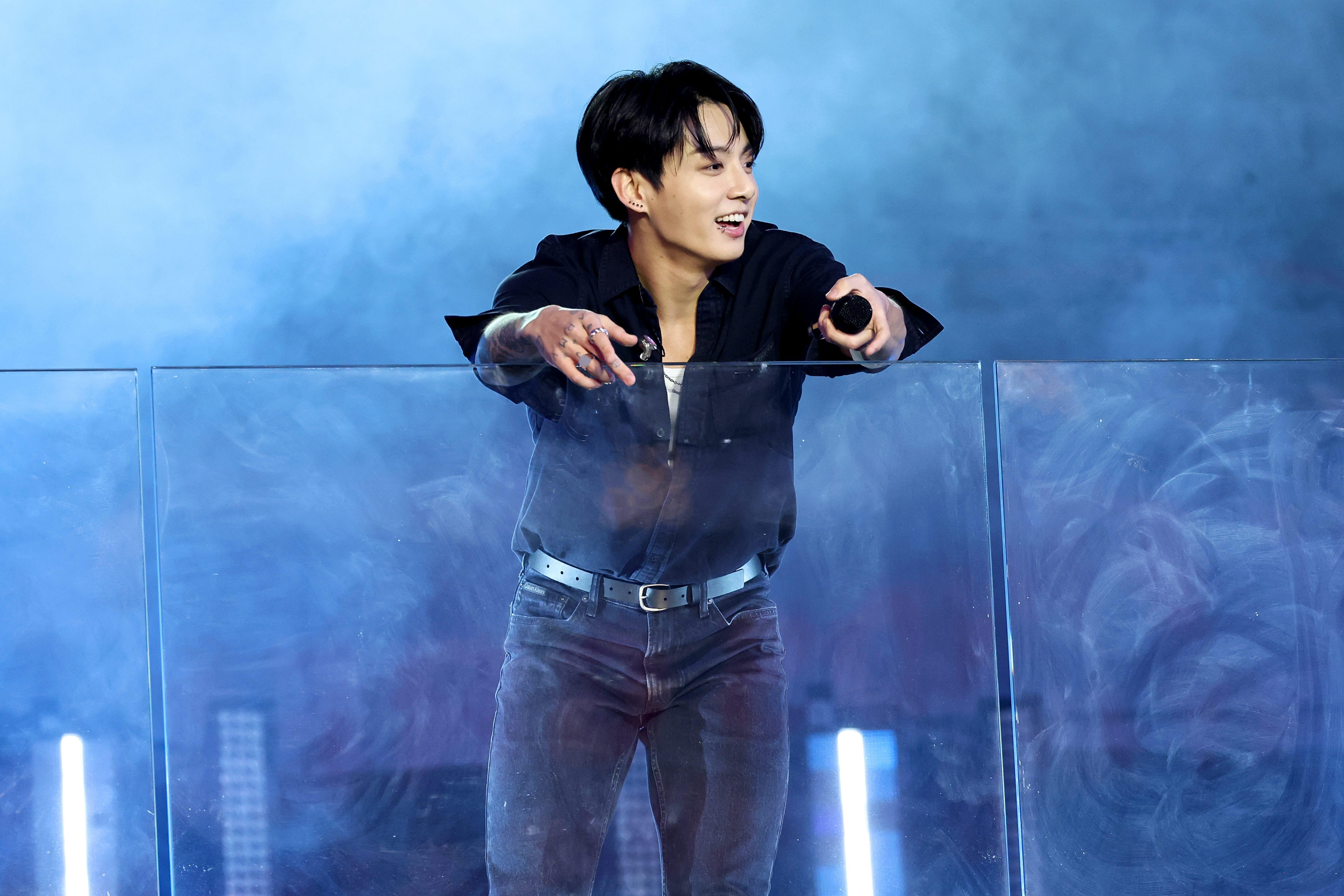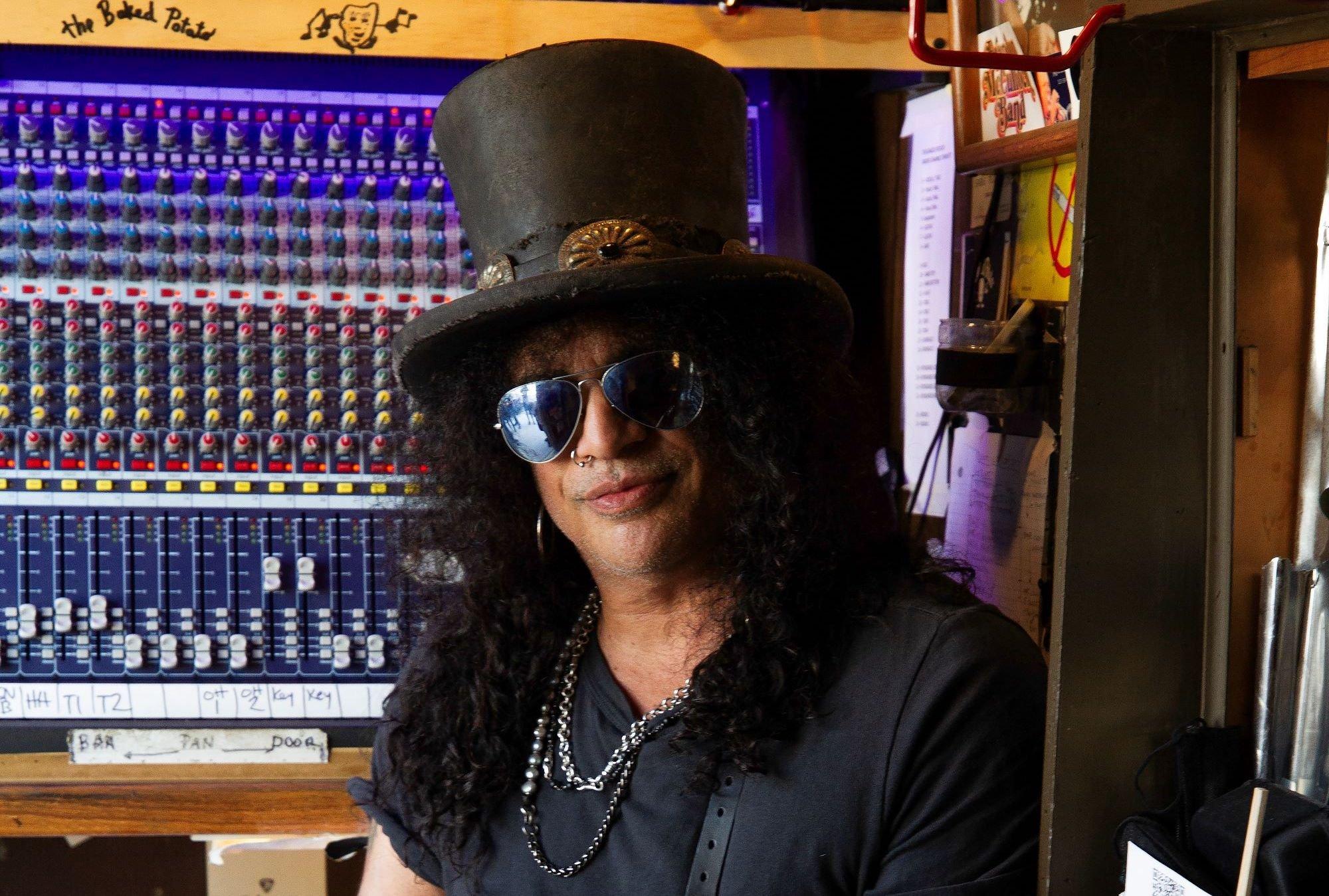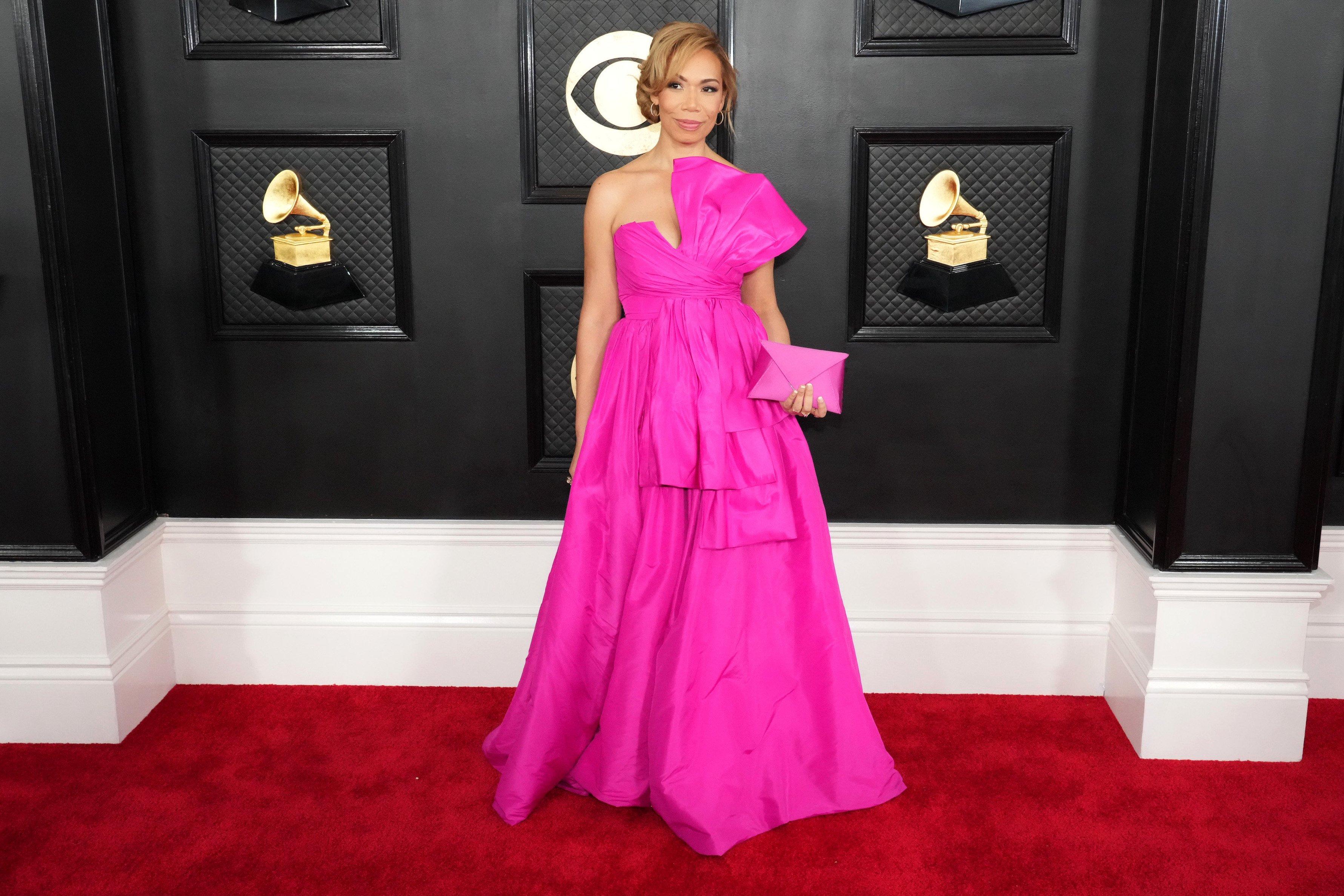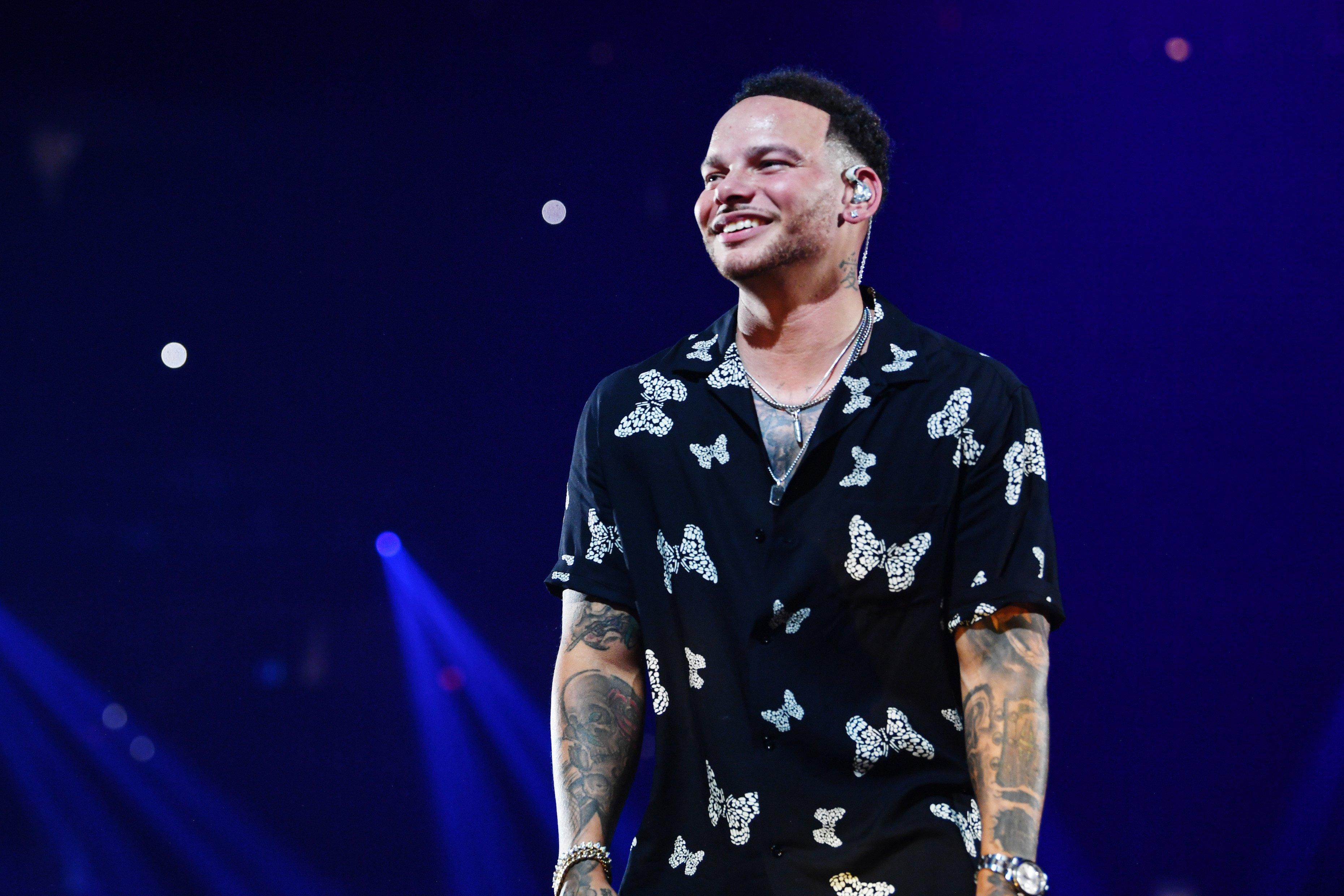Editor's Note: The 2022 GRAMMYs Awards show, officially known as the 64th GRAMMY Awards, has been rescheduled to Sunday, April 3, at the MGM Grand Garden Arena in Las Vegas. The below article was updated on Tuesday, Jan. 18, to reflect the new show date and location.
There's no denying that the social ills that came out of 2020 and 2021 had a profound impact on society as a whole. While the world wrestled with the COVID-19 pandemic, a reckoning over racial injustice swept America and spread worldwide.
These themes popped up in country music's biggest hits and most important songs of that time, in the form of escapist humor and head-on collisions, with the pervading feelings of weariness and weight. Compelling art often comes under trying circumstances, and the turmoil of the past 18 months inspired country artists to examine themselves and their communities in song.
Below, take a closer look at the nominations for Best Country Song at the 2022 GRAMMYs Awards show. Tune in Sunday, April 3, on the CBS Television Network and Paramount+ to find out who'll take home GRAMMY gold.
"Better Than We Found It" — Maren Morris
Jessie Jo Dillon, Maren Morris, Jimmy Robbins & Laura Veltz, songwriters (Maren Morris)
<style>.embed-container { position: relative; padding-bottom: 56.25%; height: 0; overflow: hidden; max-width: 100%; } .embed-container iframe, .embed-container object, .embed-container embed { position: absolute; top: 0; left: 0; width: 100%; height: 100%; }</style><div class='embed-container'><iframe src='https://www.youtube.com/embed//U4rr6LewdIU' frameborder='0' allowfullscreen></iframe></div>
Maren Morris co-wrote this protest song during the summer of 2020, when cities across America and around the world erupted in protests following the killing of George Floyd, Breonna Taylor and Ahmaud Arbery.
Released in October 2020, "Better Than We Found It" ponders how Morris' generation can overcome the political division plaguing America and set a positive example for their children. "Will we sit on our hands, do nothin' about it?/ Or will we leave this world better than we found it?," Morris poses in the song's chorus.
The outspoken GRAMMY-winner was unabashed in her lyrical questioning ("When thе wolf's at the door all covered in bluе/ Shouldn't we try somethin' new?/ We're over a barrel, and at the end of one too," she offers in the song's second verse), which comes to a head during the poignant bridge: "America, America/ Divided we fall/ America, America/ God save us all."
Read More: Meet This Year's Song Of The Year Nominees | 2022 GRAMMYs Awards Show
"Camera Roll" — Kacey Musgraves
Ian Fitchuk, Kacey Musgraves & Daniel Tashian, songwriters
<style>.embed-container { position: relative; padding-bottom: 56.25%; height: 0; overflow: hidden; max-width: 100%; } .embed-container iframe, .embed-container object, .embed-container embed { position: absolute; top: 0; left: 0; width: 100%; height: 100%; }</style><div class='embed-container'><iframe src='https://www.youtube.com/embed/NGJgWTt8TOo' frameborder='0' allowfullscreen></iframe></div>
While Kacey Musgraves' 2018 album Golden Hour — which won Album of the Year and Best Country Album at the 2019 GRAMMY Awards — chronicled the happier times of her marriage to singer-songwriter Ruston Kelly, her latest release, star-crossed, catalogs the unraveling that led to their 2020 divorce. And "Camera Roll" is the song where the tidal wave of conflicting emotions finally crashes.
Inspired by scrolling through images on her phone, the lyrics caution against believing that the photos we save tell the true story of our lives — when in fact, they give a distorted view that obscures the weight hiding behind them.
"Chronological order and nothing but torture/ Scroll too far back, that's what you get," Musgraves sings on the chorus of the melancholy track.
She reaches a place of appreciation for those photos by the song's end, thanking her ex for the good memories they documented throughout their relationship. And as much as the pics may taunt her, she admits, "I'll never erase 'em."
Read More: Kacey Musgraves' Road To Star-Crossed: How The Breakup Album Fits Right Into Her Glowing Catalog
"Cold" — Chris Stapleton
Dave Cobb, J.T. Cure, Derek Mixon & Chris Stapleton, songwriters
<style>.embed-container { position: relative; padding-bottom: 56.25%; height: 0; overflow: hidden; max-width: 100%; } .embed-container iframe, .embed-container object, .embed-container embed { position: absolute; top: 0; left: 0; width: 100%; height: 100%; }</style><div class='embed-container'><iframe src='https://www.youtube.com/embed/fq15HXc6pmw' frameborder='0' allowfullscreen></iframe></div>
Though "Cold" wasn't the highest-performing single from Chris Stapleton's fourth solo album, Starting Over, the slow-burning tune is an album standout thanks to its pleading chorus hook and brick-house songwriting.
For a man who's happily married (to his onstage partner, Morgane) with five kids, Stapleton masterfully encapsulated the bitterness of a jilted lover. "What am I supposed to say/ If anybody asks me about you?/ I guess I'll tell 'em I'm without you," he laments in the song's second verse.
Stapleton delivers a raw vocal performance in his trademark blue-collar, blue-eyed soul croon. Following a masterful intro piano riff from Tom Petty and the Heartbreakers co-founder Benmont Tench, Stapleton builds the song up, then a string section takes it even higher — making the pain of "Cold," as the singer sings it himself, cut like a knife.
Read More: Meet This Year's Album Of The Year Nominees | 2022 GRAMMYs Awards Show
"Country Again" — Thomas Rhett
Zach Crowell, Ashley Gorley & Thomas Rhett, songwriters
<style>.embed-container { position: relative; padding-bottom: 56.25%; height: 0; overflow: hidden; max-width: 100%; } .embed-container iframe, .embed-container object, .embed-container embed { position: absolute; top: 0; left: 0; width: 100%; height: 100%; }</style><div class='embed-container'><iframe src='https://www.youtube.com/embed/t_J2gGmoiOM' frameborder='0' allowfullscreen></iframe></div>
In the time wrought by tragedy amid the COVID-19 pandemic, many sought silver linings as they were forced to put their usual life on pause. Thomas Rhett used the downtime to take stock of what being a country-music hitmaker meant to his life and relationships.
The opening line of "Country Again" — "I quit huntin' with my daddy, guess I didn't make the time" — illustrates the regrets of a life lived on the road. Later in the song, he reflects, "I traded sunsets with my wife, for hours on my phone/ And even when I was right beside her, I still wasn't really home."
But the song doesn't wallow in self-pity. Instead, it's a call to make up for lost time by rediscovering the passions and relationships that make us human. For Rhett, that meant getting back to his rural American roots.
It was a sentiment that clearly connected: "Country Again" became Rhett's 17th No. 1 on the Billboard Country Airplay chart.
Read More: Meet This Year's Best New Artist Nominees | 2022 GRAMMYs Awards Show
"Fancy Like" — Walker Hayes
Cameron Bartolini, Walker Hayes, Josh Jenkins & Shane Stevens, songwriters (Walker Hayes)
<style>.embed-container { position: relative; padding-bottom: 56.25%; height: 0; overflow: hidden; max-width: 100%; } .embed-container iframe, .embed-container object, .embed-container embed { position: absolute; top: 0; left: 0; width: 100%; height: 100%; }</style><div class='embed-container'><iframe src='https://www.youtube.com/embed/G_zuB-ogIBw' frameborder='0' allowfullscreen></iframe></div>
Walker Hayes had been dropped from two record deals by the time he stopped writing songs for radio and just started telling stories from his own life. One of those songs, "Fancy Like," became a runaway hit, thanks to dance moves choreographed by his 15-year-old daughter Lila that made the song a TikTok sensation.
The lyrics are just as fun as the dance, with Hayes cheekily depicting his kind of fancy — you know, Wendys and boxed wine kind of fancy — and how that works perfectly fine for his girl. "Take her to Wendy's, can't keep her off me/ She wanna dip me like them fries in her Frosty," he quips along to the rolling melody.
On the way to becoming a double-Platinum success, the Applebee's restaurant chain used the song, which name-checks some of its popular menu items, in a television commercial. "Fancy Like" went on to top the country charts and nearly the Hot 100, where it peaked at No. 3 this summer.
Read More: Mickey Guyton On Her 10-Year Journey To Debut Album Remember Her Name & Paving The Way For Black Women In Country
"Remember Her Name" — Mickey Guyton
Mickey Guyton, Blake Hubbard, Jarrod Ingram & Parker Welling, songwriters
<style>.embed-container { position: relative; padding-bottom: 56.25%; height: 0; overflow: hidden; max-width: 100%; } .embed-container iframe, .embed-container object, .embed-container embed { position: absolute; top: 0; left: 0; width: 100%; height: 100%; }</style><div class='embed-container'><iframe src='https://www.youtube.com/embed/gOrMnLoZWm0' frameborder='0' allowfullscreen></iframe></div>
Mickey Guyton's determination and perseverance as an artist is the driving force behind "Remember Her Name," an empowering anthem written to remind herself of her own internal fire.
The song was inspired by the trials she faced while working her way through the ranks from her debut single in 2015 to finally releasing her debut album after years spent in Nashville record-label limbo. (In fact, Guyton approached the record as if the songs would never be heard.)
"When did you lose the girl with no fear? Oh, she never left," she sings. And when the chorus is about to hit its climax, the singer declares, "Remembеr the girl that didn't let anything get in her way/ Remember her name."
The title "Remember Her Name," which is also the name of the album, is a tribute to Breonna Taylor, a 26-year-old African-American woman shot and killed by police in Louisville, Ken., in March 2020.
2022 GRAMMYs Awards Show: Complete Nominations List

